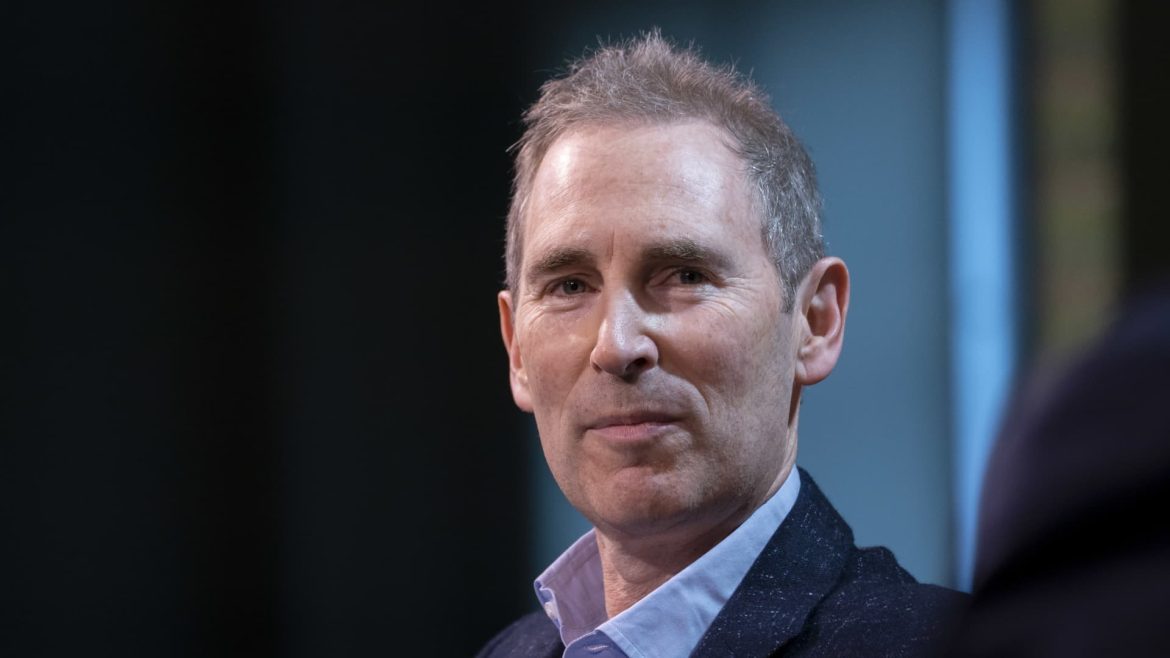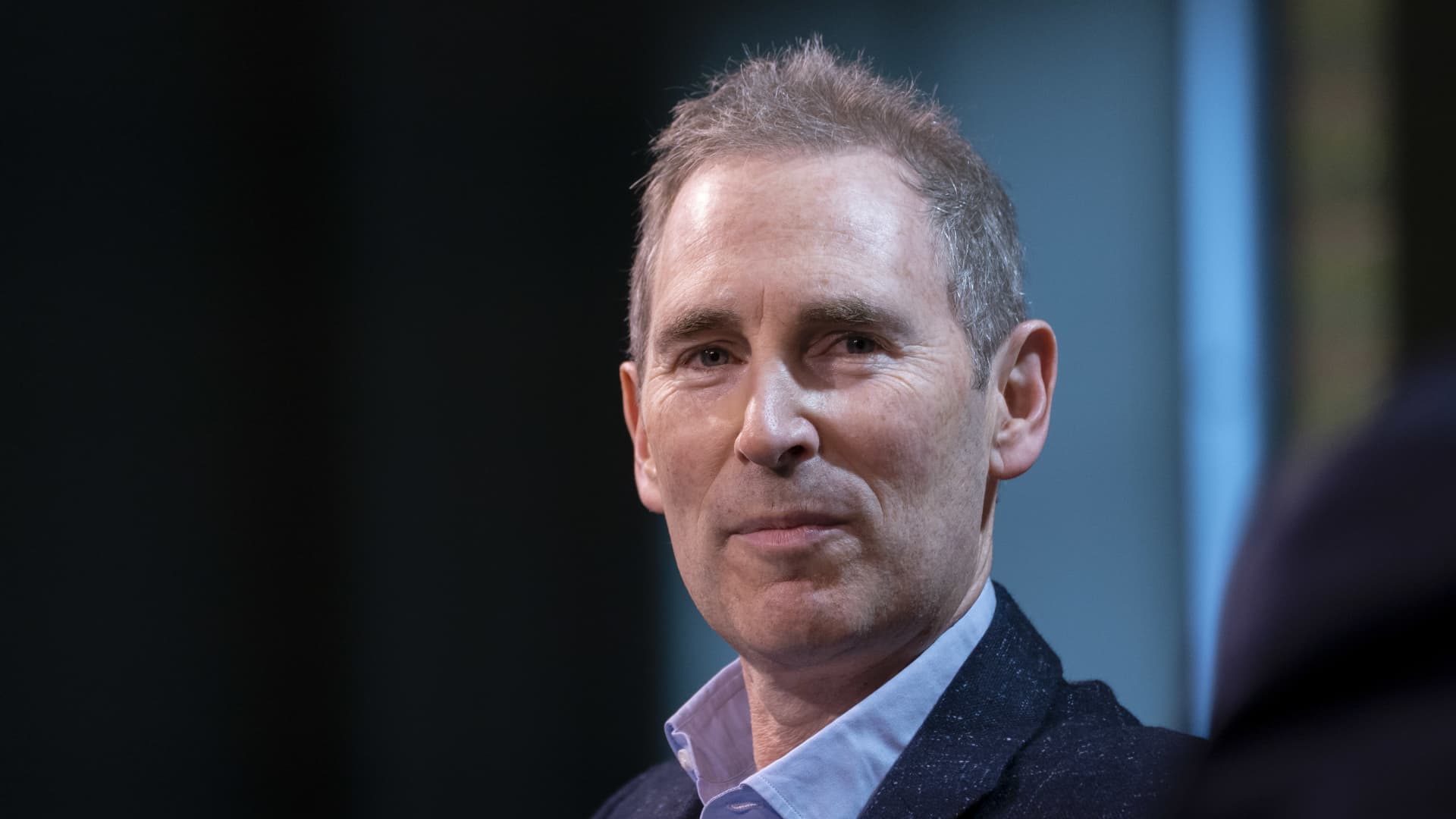The Calculated Risk: Deconstructing Jeff Bezos’s Philosophy of Failure and its Impact on Leadership
The narrative surrounding Jeff Bezos, founder and former CEO of Amazon, isn’t one of flawless execution, but rather a carefully constructed embrace of failure. Numerous accounts detail instances where Bezos not only tolerated mistakes but actively fostered an environment where experimentation, even if resulting in substantial losses, was encouraged. This isn’t simply a matter of positive thinking; it’s a deeply ingrained philosophy that shaped Amazon’s culture and ultimately fueled its extraordinary success. Recent anecdotes, like current Amazon CEO Andy Jassy being publicly corrected by Bezos on flawed data during a presentation, serve as potent illustrations of this approach, and highlight the surprising benefits of being challenged by a visionary leader.
The Public Correction: A Crucible for Confidence
The story of Andy Jassy’s presentation, repeatedly highlighted in recent reports, is particularly revealing. Bezos’s blunt assertion – “All your numbers are wrong on this slide” – could easily have been a career-defining moment of humiliation. However, the narrative consistently emphasizes that this wasn’t intended as a personal attack, but a rigorous demand for accuracy and a demonstration of Bezos’s relentless focus on detail. Jassy’s ability to respond thoughtfully, defend his reasoning (and ultimately, correct the error), wasn’t just a recovery from embarrassment; it was a demonstration of resilience and intellectual honesty that Bezos valued. The outcome, as Jassy himself states, was a confidence booster, suggesting that surviving such scrutiny was a valuable rite of passage within Amazon’s leadership structure. This incident underscores a key tenet of Bezos’s leadership: challenging assumptions, even publicly, is a mechanism for growth and improvement.
Failure as a Core Business Strategy
The willingness to accept “multibillion-dollar failures,” as Bezos himself has acknowledged, isn’t reckless abandon. It’s a calculated risk embedded in a long-term vision. Numerous articles point to Bezos’s belief that the scale of potential reward necessitates a high tolerance for failure. He actively framed Amazon as perpetually being in “Day 1” – a state of constant experimentation and innovation, preventing complacency and encouraging a startup mentality even as the company grew into a global behemoth. This concept, articulated in his shareholder letters, isn’t merely rhetorical; it’s a directive to continuously explore new avenues, even those with a high probability of failure.
Examples of these failures are plentiful. While specific details are often obscured, the consistent message is that Amazon has launched, and subsequently shuttered, numerous initiatives that didn’t pan out. These weren’t hidden away; they were openly discussed and analyzed, with the focus on extracting lessons learned rather than assigning blame. This approach is a stark contrast to many corporate cultures where failure is stigmatized and actively concealed.
The Emotional Intelligence of Constructive Disappointment
The experiences of Ethan Evans, a former Amazon VP, further illuminate this dynamic. Evans recounts multiple instances of disappointing Bezos with project failures, yet these setbacks ultimately led to promotions. This highlights a crucial element of Bezos’s leadership style: the ability to separate personal disappointment from professional evaluation. He wasn’t angered by failure itself, but by a lack of intellectual rigor, a failure to learn from mistakes, or a lack of ownership.
This is a powerful lesson in emotional intelligence. Bezos understood that creating a culture of innovation requires individuals to feel safe taking risks, even if those risks don’t always pay off. His response to failure wasn’t punitive, but rather a catalyst for growth and a demonstration of trust in his employees’ ability to learn and adapt. The advice he offered after Evans’s “epic fail” wasn’t about avoiding mistakes, but about understanding *why* they happened and how to prevent them in the future.
Beyond Amazon: The Broader Implications of Bezos’s Approach
The impact of Bezos’s philosophy extends beyond Amazon’s internal operations. His emphasis on long-term thinking, customer obsession, and a willingness to experiment has inspired countless entrepreneurs and business leaders. Henry Blodget, CEO of Insider Inc., specifically cites key leadership advice received from Bezos during Amazon’s early days, demonstrating the influence of his thinking even in supporting other ventures.
Furthermore, Bezos’s perspective on failure challenges conventional wisdom. He openly admitted to giving himself only a 30% chance of Amazon’s success, framing this as “liberating.” This acceptance of potential failure allowed him to pursue ambitious goals without being paralyzed by fear. This mindset is particularly relevant in today’s rapidly changing business landscape, where disruption is the norm and the risk of failure is inherent in any innovative endeavor.
The “Make-or-Break” Trait: Authenticity and Data-Driven Decision Making
Recent observations from Amazon’s AI boss reinforce the importance of authenticity within the Amazon culture, a trait likely cultivated under Bezos’s leadership. The “red flag” in interviews – a lack of genuineness – suggests that Amazon values individuals who are comfortable being themselves and engaging in honest, transparent communication. This aligns with the broader theme of intellectual honesty and the willingness to challenge assumptions, even those of the CEO.
Coupled with this emphasis on authenticity is a relentless focus on data. The incident with Andy Jassy’s presentation underscores the importance of accuracy and evidence-based decision-making. Bezos’s challenge wasn’t simply about correcting a mistake; it was about reinforcing the principle that all claims must be supported by verifiable data.
A Legacy of Calculated Risks
Jeff Bezos’s legacy isn’t defined by a string of uninterrupted successes, but by a masterful understanding of how to leverage failure as a strategic advantage. He created a culture where experimentation is encouraged, mistakes are analyzed, and learning is prioritized. The story of Andy Jassy’s public correction isn’t an isolated incident; it’s a microcosm of a larger philosophy that has transformed Amazon from a fledgling online bookstore into a global powerhouse. The enduring lesson is that true innovation requires a willingness to embrace risk, to learn from setbacks, and to view failure not as an endpoint, but as a stepping stone towards long-term success.





